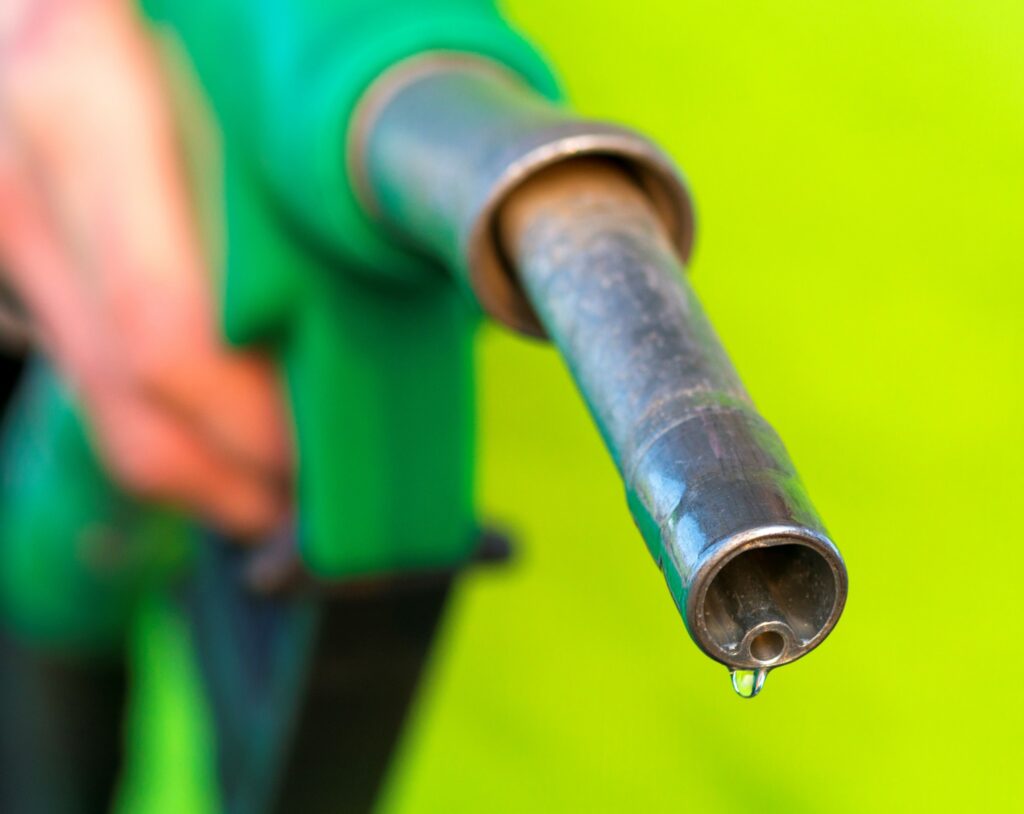Proposed GHG rule ‘seriously misses the mark’, API says
The American Petroleum Institute (API) is calling on the U.S. Environmental Protection Agency (EPA) to modify plans for greenhouse gas standards that apply to heavy-duty vehicles – arguing that the regulator is ignoring fuel and vehicle options that could slash emissions at a lower price.
“While we support technology-neutral federal policies that drive GHG emissions reductions in the transportation sector, we are concerned that this proposal, as well as EPA’s light- and medium-duty proposed GHG rule, seriously misses the mark with respect to reducing carbon emissions from the entire transportation sector,” API vice-president – downstream policy Will Hupman said in a press release.
The EPA has proposed a third round of tighter limits on greenhouse gas emissions that would apply to Model Year 2028-32 medium- and heavy-duty engines and vehicles, and it’s also looking to re-open rules that were previously established for Model Year 2027.

API is raising concerns with what it sees as a singular focus on zero-emission vehicle technologies that ignores associated challenges with the technology and infrastructure readiness, while forcing a greater reliance on foreign sources of raw material and critical minerals.
“Meaningful carbon emission reductions are achievable sooner, and potentially at lower cost, via the use of proven and available technology,” Hupman said.
Unproven technologies, unavailable infrastructure
It’s a theme that carried through the formal comments themselves.
“The proposal would require the use of potential technologies that are unproven at the scale of the current market, would depend on infrastructure that is not yet available, and would be on an extremely challenging (at best) timeline,” API argued.
“Bio and renewable fuels, such as renewable diesel, renewable natural gas, and biodiesel can and should be considered as part of an ‘all of the above’ approach to decarbonization of the transportation sector.”
It said there is “significant uncertainty” about the technology and infrastructure readiness to support 2027-32 timeframe, noting light-, medium- and heavy-duty programs would follow the same timeframes. And it added EPA is overlooking the ways to reduce emissions from existing heavy-duty vehicles and those sold before 2032.
The first phase of GHG rules covered Model Years 2014-18, while Phase 2 applies to Model Years 2021-27.
Have your say
This is a moderated forum. Comments will no longer be published unless they are accompanied by a first and last name and a verifiable email address. (Today's Trucking will not publish or share the email address.) Profane language and content deemed to be libelous, racist, or threatening in nature will not be published under any circumstances.